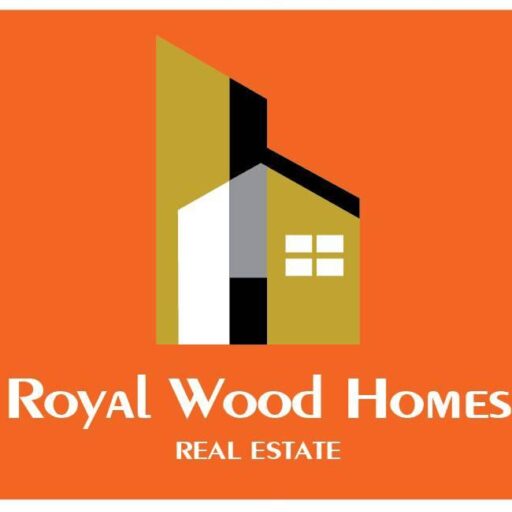Renting vs. Buying in Nairobi: Which is Better?

Nairobi’s real estate market is one of Africa’s most dynamic, blending rapid urbanization with evolving economic conditions. For residents, the dilemma of whether to rent or buy property in Nairobi remains a critical financial decision. We break down the pros, cons, and key factors to help you navigate the “rent vs buy property Nairobi” debate confidently.
The Nairobi Real Estate Landscape
Nairobi’s property market has seen steady growth, with apartment prices rising by 5–7% annually (HassConsult, 2023). High-demand areas like Kilimani, Westlands, and Karen offer luxury apartments and gated communities, while emerging neighborhoods such as Ruaka and Kitengela attract buyers with affordability. Meanwhile, rental yields average 5–7%, reflecting strong demand from expats and young professionals.
Pros and Cons of Renting in Nairobi
Pros:
- Flexibility: Ideal for job-mobile individuals or those exploring neighborhoods.
- Lower Upfront Costs: Renters avoid hefty deposits, legal fees, and stamp duty (typically 2–4% of property value).
- Minimal Responsibility: Landlords handle maintenance, repairs, and property taxes.
Cons:
- No Equity: Monthly payments (e.g., KES 80,000–150,000 for a 2-bedroom in Kilimani) don’t build ownership.
- Rent Inflation: Annual increases (5–10%) can strain budgets.
Pros and Cons of Buying Property in Nairobi
Pros:
- Long-Term Investment: Property values appreciate ~7% yearly, offering returns.
- Equity Building: Mortgage payments contribute to ownership (average rates: 12–14%).
- Stability: Secure tenure for families or long-term residents.
Cons:
- High Initial Costs: Down payments (20–30%) + KES 500,000+ in legal/registration fees.
- Maintenance Burden: Owners cover repairs, insurance, and service charges.
Financial Comparison: Rent vs Buy Property Nairobi
Consider a KES 20 million apartment in Westlands:
- Renting: KES 120,000/month totals KES 14.4 million over 10 years (no asset).
- Buying: A 20-year mortgage at 13% interest costs ~KES 248,000/month. After a decade, you’d own ~40% equity (KES 8 million) plus potential appreciation (KES 7–10 million).
Buying favors long-term wealth, but requires upfront liquidity.
Lifestyle and Long-Term Goals
- Job Stability: Rent if relocating soon; buy if settled.
- Family Needs: Homeownership offers schooling consistency.
- Investment Goals: Rental properties in high-demand areas (e.g., Ruaka) can generate passive income.
Market Trends Impacting Rent vs Buy Decisions
- Infrastructure Projects: The Nairobi Expressway and SGR have boosted property values in adjacent areas.
- Affordable Housing: Government initiatives aim to lower buying costs in satellite towns like Athi River.
- Remote Work: Suburban demand rises, making areas like Thika attractive for buyers.
Key Factors to Consider
- Financial Health: Can you afford a 20% deposit + fees?
- Duration: Stay <5 years? Rent. >10 years? Buy.
- Market Timing: Monitor interest rates and supply trends.
The rent vs buy property Nairobi decision hinges on personal finances, lifestyle, and goals. Renting suits those prioritizing flexibility, while buying builds wealth over time. Analyze your budget, consult a financial advisor, and weigh Nairobi’s market dynamics to make an informed choice.




